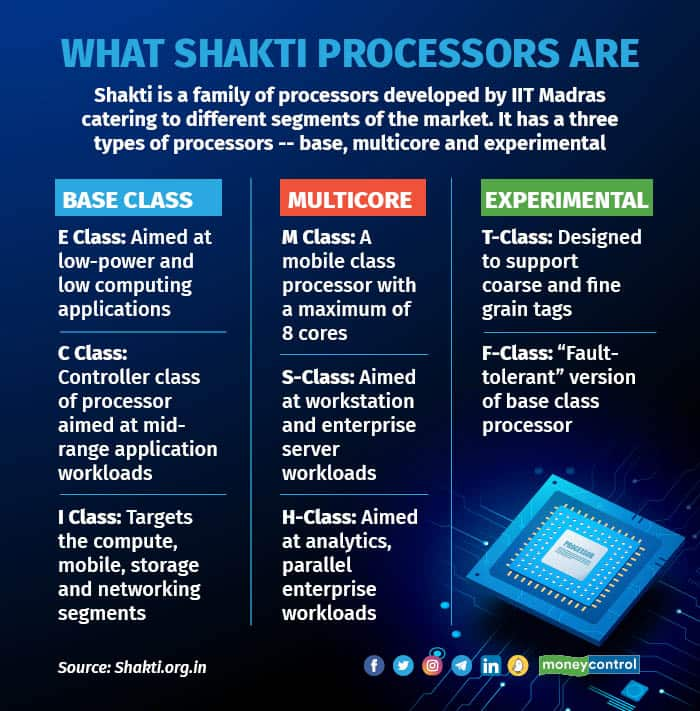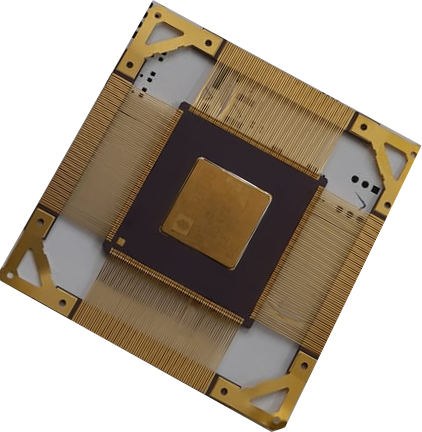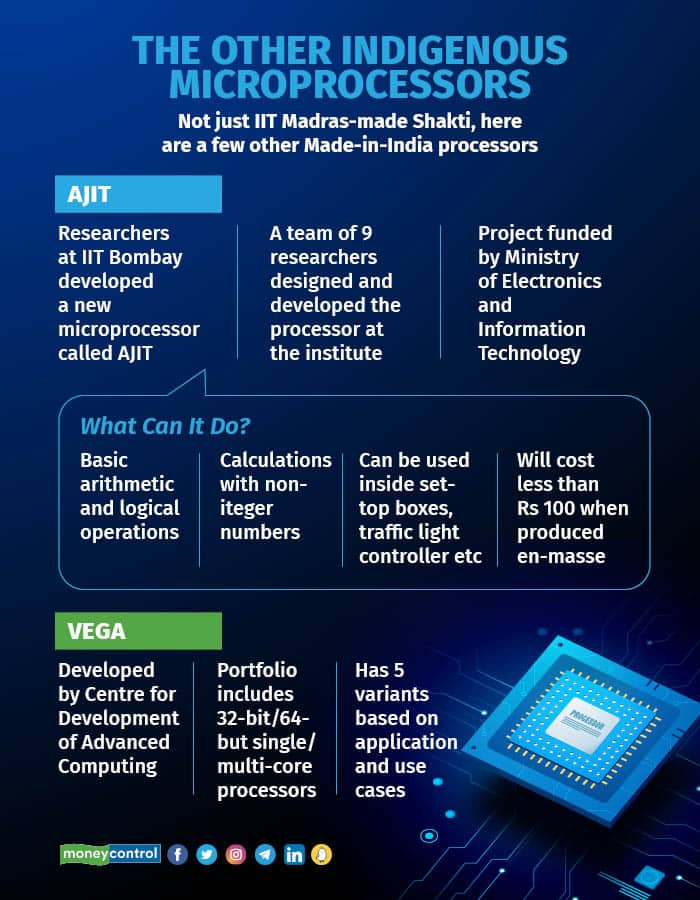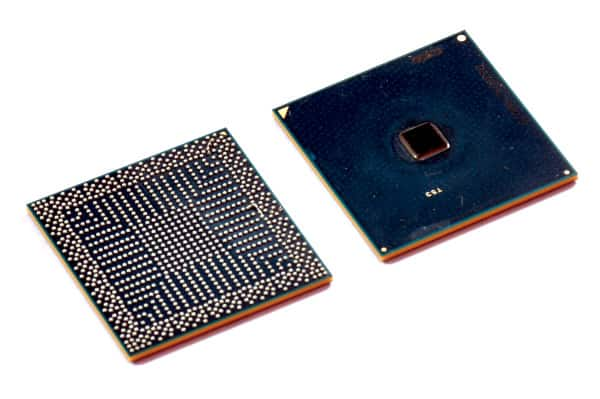



Even as the Indian government's emphasis is on homegrown production of semiconductors, the country’s first indigenous microprocessor, the IIT Madras-made Shakti, is still losing out to cheaper Chinese substitutes.
In an interview with Moneycontrol, IIT Madras Director V Kamakoti said, “Any academic institution can take the horse to the pond, but it is for the horse to drink from the pond. Here, the pond is the Shakti chip, its open architecture, and the industry is the horse. We have taken the horse to the pond, we’re showing that we have some chips and they work.”
Kamakoti, along with other researchers, began the Shakti Processor Programme as an academic initiative in 2014. By 2015, researchers at the institution had designed and successfully demonstrated India’s first indigenously-developed microprocessor that can be used in mobile computing, networking, wireless systems, and so on. "We have proof that this chip is secure," he added.

Also Read: Inside IIT Madras: What makes the institute's ecosystem a deep tech haven
Inside IIT Madras: Institute working on AI solution for text to speech translation of Indian languagesHowever, the product has not received the kind of reception the makers had hoped it would. “Why should the industry invest in Shakti when they are getting Chinese chips much cheaper,” he said.
 Moushik chip, based on the Shakti E-Class core
Moushik chip, based on the Shakti E-Class core
However, Kamakoti was quick to point out that in the recent times, five start-ups have started working on Shakti processors. In fact, IIT Madras-incubated Mindgrove Technologies secured $2.32 million in seed funding, led by Sequoia Capital. But, what is lacking is is buy-in from big industry, he added.
The Shakti project started off with a grant from the Ministry of Electronics and Information Technology, and according to a PTI report, the government is aiming for a commercial roll out of Shakti and Vega processors by December 2023. Vega has been developed by the Centre for Development of Advanced Computing (CDAC).

Given the lack of demand from big industry, apart from a few start-ups, it is unclear what the future holds for Shakti.
When contacted, the India Electronics and Semiconductor Association declined to comment on the matter.
For Neil Shah, Partner, Counterpoint Research, the reason why industry is shying away from Shakti is manifold.
"The biggest issue that Shakti (or any other start-up chip company) faces is that it’s unproven, has less mindshare (consumer awareness), and lacks scale," Shah said, adding that established Chinese and American companies have the capability to reduce price due to their scale.
 RISECREEK (test-chip) which has Shakti C-Class core and an Intel chip
RISECREEK (test-chip) which has Shakti C-Class core and an Intel chip
"First of all, it is difficult to compete on price due to lack of scale. Second, even if one does compete on scale, the next bottleneck is that it is unproven in terms of real world performance, security, and reliability," he added.
The third problem, Shah said, was the lack of marketing. "Lack of good marquee partnerships with other firms in the value chain (like that between Intel and Dell, for instance) is also one of the key reasons for minimal mindshare," he said.
He recommended that IIT Madras increase awareness about Shakti and increase partnerships. "Sometimes great engineers need great marketeers," he added.
Note to readers: Moneycontrol takes you to IIT Madras and the IIT Madras Research Park in Chennai, both of which have been responsible for the incubation and development of hundreds of deep tech start-ups, earning themselves the moniker of being India's deep tech haven. The 'Inside IIT Madras' series explores the kind of influence these two institutions have had on budding entrepreneurs and equally on those who have been in the ecosystem for years. A Moneycontrol specialDiscover the latest Business News, Sensex, and Nifty updates. Obtain Personal Finance insights, tax queries, and expert opinions on Moneycontrol or download the Moneycontrol App to stay updated!
Find the best of Al News in one place, specially curated for you every weekend.
Stay on top of the latest tech trends and biggest startup news.